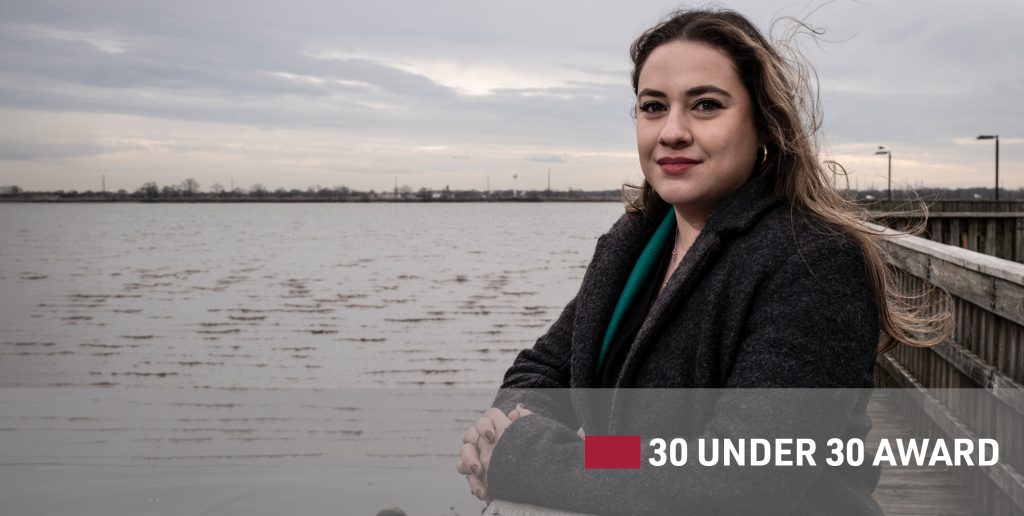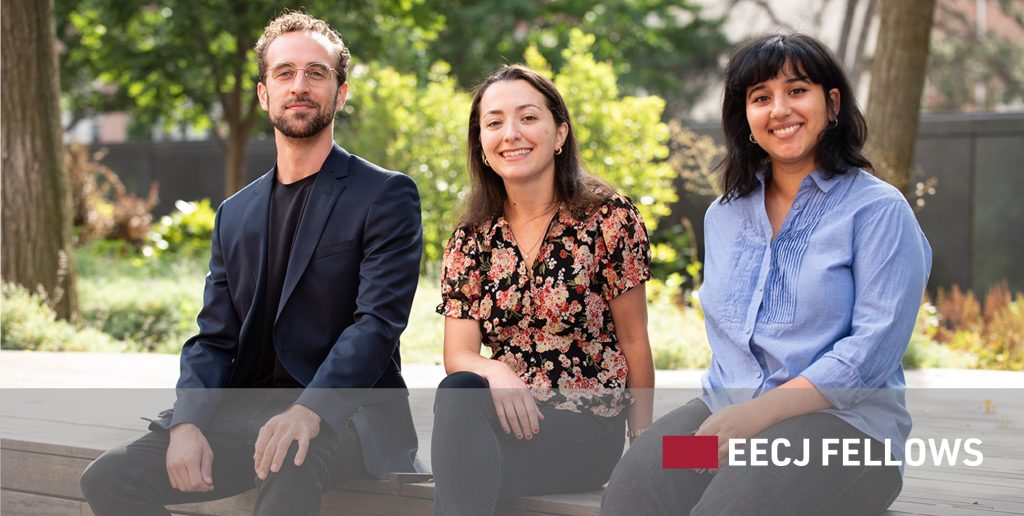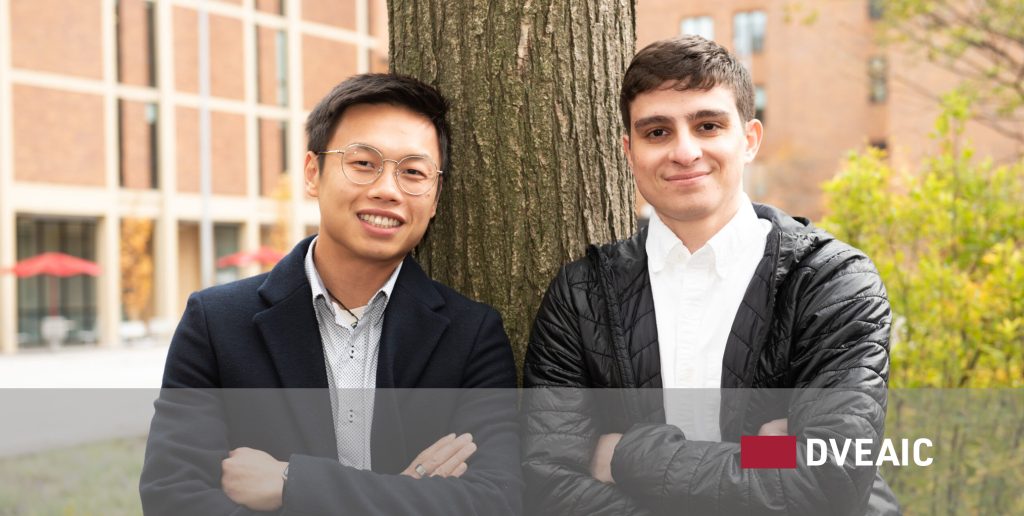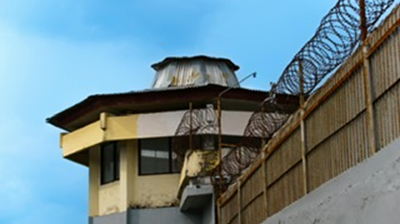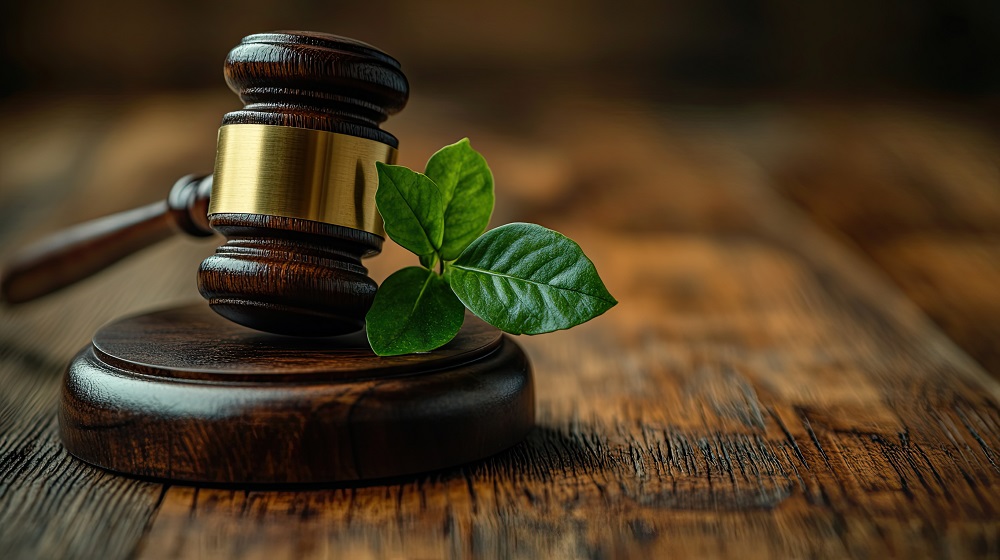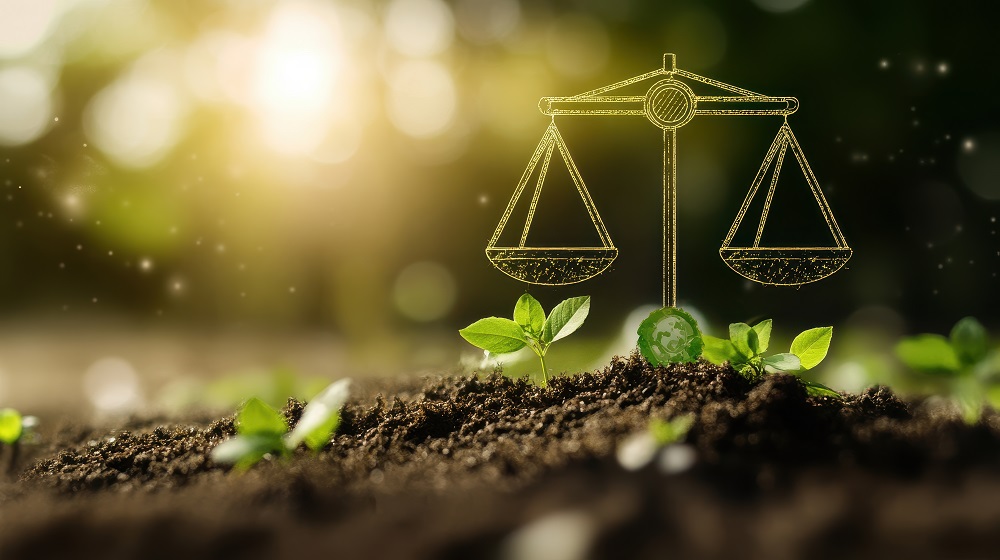Environmental, Energy & Climate Justice
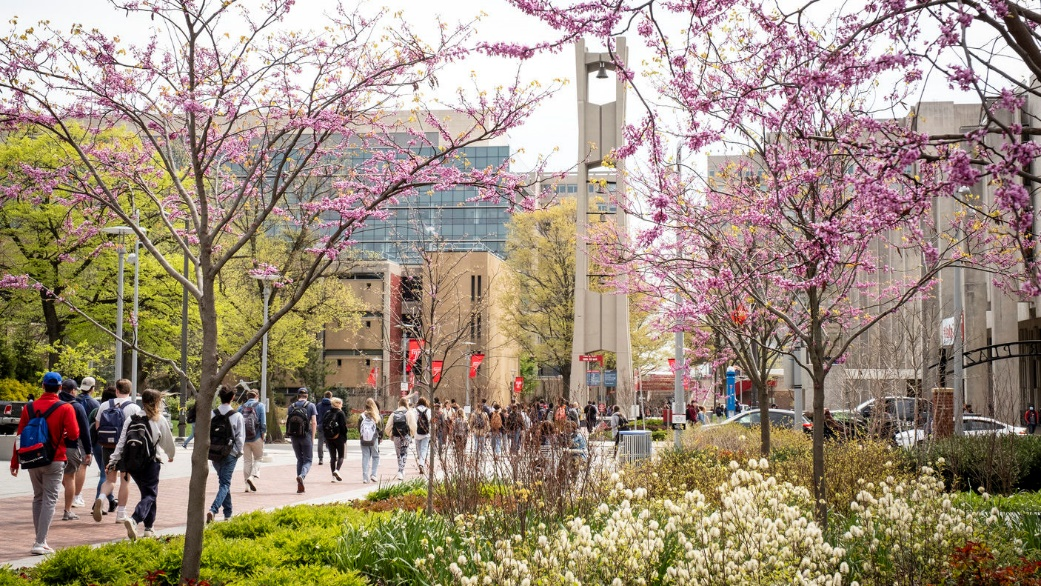
Climate disruption. Toxic chemicals. Ecosystem degradation. Lawyers working in Environmental, Energy, and Climate Justice (EE&CJ) advocate for legal responses to these and related challenges that take into account their increased impact on poor and marginalized communities. At Temple Law, students learn how local, federal, and international law all have roles to play in in this work.—from local battles over cleaning up legacy contamination, creating green space, and fostering resilience in overburdened communities; to understanding how our vast network of federal law and policy is both promoting and hindering the clean energy transition; to studying the global impact of international trade deals and global supply chains on public health, resilience, and biodiversity.
Spotlight
Sustainability at Temple
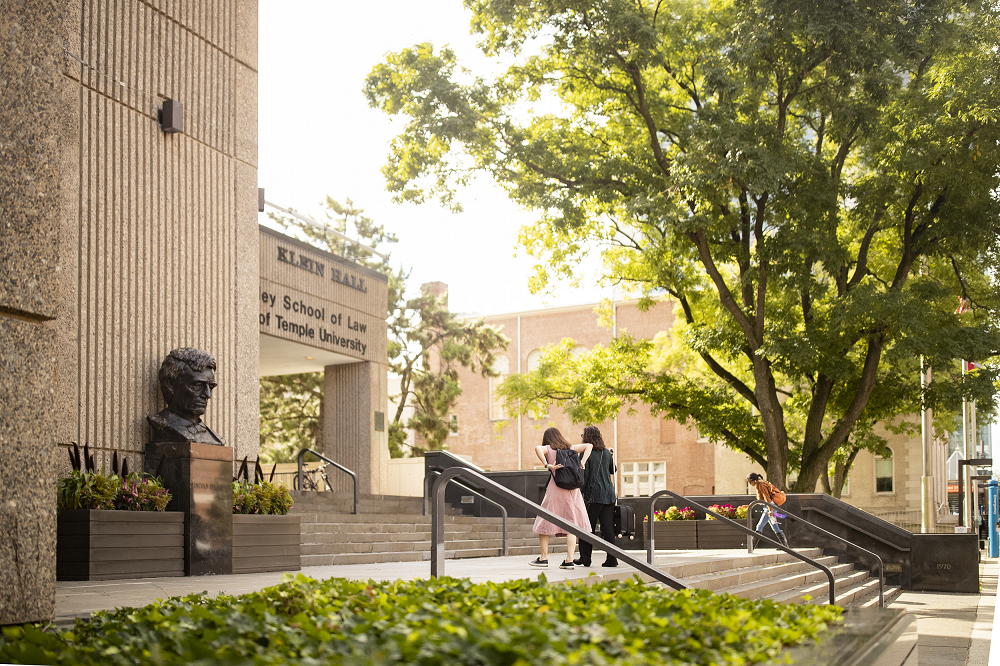
Temple University is committed to reaching carbon neutrality by 2050. Its Climate Action Plan is a campus-wide initiative that fosters sustainability and resilience through measurable goals in academics and research, campus culture, energy, design, and operations. Main campus now boasts eight LEED certified buildings, improved facilities for bike commuting and access to public transportation, and more than 1,400 trees providing multiple environmental benefits. At the Law School, our Sustainability Committee in partnership with the student-run Temple Environmental Law Society works to promote sustainability in law school facilities, event planning, and programming.
Curriculum and Coursework
Temple Law offers a variety of courses within the Environmental, Energy & Climate Justice curriculum, giving students options for both broad and tailored study. Our core courses offer a solid foundation in the field, while upper level topical seminars and experiential courses deliver advanced knowledge and skills. Our committed faculty stand ready to counsel students on the best mix of courses, practicums and other experiential opportunities for shaping and pursuing their individual career goals.
Core Courses
- Administrative Law
- Energy Law and Regulation
- Environmental Law
- Land Use Planning
- Natural Resources
Topical Courses
- Climate Change Law & Policy
- Environmental Litigation/Superfund
- Environmental Justice
- Food Law
- Native/American Constitutional Law
- Oil and Gas Law
- Renewable Energy Law, Regulation & Policy
Practicum and Internship Opportunities
Temple’s vibrant and flexible experiential program offers a broad variety of skill-building opportunities each semester for students interested in environmental, energy, and climate justice issues. Previous placements have included:
- Clean Air Council
- Delaware Riverkeeper Network
- Earthjustice
- The Energy Unit at Community Legal Services
- U.S. Environmental Protection Agency
- PA Department of Environmental Protection
- Philadelphia City Council or
- The Pennsylvania Legislature
- U.S. Department of Justice
For a listing of additional potential placements in the Philadelphia area related to environmental, energy, and climate justice issues, click here.
Temple law students also regularly take advantage of valuable experiential learning opportunities through summer jobs, internships, or research assistant positions with Temple faculty. Temple law faculty regularly provide career counseling for students looking to use summer positions to enrich their educational experience.
Extracurricular Opportunities
Student Organizations
Participating in student organizations gives students the opportunity to explore different areas of the law in a non-academic setting, connect with like-minded individuals, and plan meetings, programs, and events. Student organizations engaged with environmental, energy, and climate justice issues at Temple include:
- Temple Environmental Law Society (TELS)
- Student Public Interest Network (SPIN)
- National Lawyers Guild, Temple Chapter, Environmental Justice Committee
Careers in EECJ
What do EECJ lawyers do? The possibilities are as broad as the horizon. EECJ lawyers work for public and private entities, non-profits, NGOs, and as entrepreneurs. The work can be local, regional, national, or global. And it can involve regulation, litigation, advocacy, activism, and more. Whether students see their future selves at the general counsel’s office of a wind developer; a government agency engaged in pollution control, energy regulation, or public lands management; a non-profit working to advance environmental justice; a large firm advising and representing corporate clients in the cleanup of contaminated sites; a small firm handling local land use cases, or don’t know yet what roles might fit their skills and interests best, they are only limited by their own imaginations.
Professional Organizations
Temple Law faculty are connected and engaged with the various professional organizations in the legal field related to environmental, energy, and climate justice. Each of the below organizations provides opportunities for students to connect with practicing attorneys, attend events, or even obtain membership in some capacity.
American Bar Association Section on Environment, Energy, and Resources (SEER)
American Bar Association Section on Environment, Energy, and Resources
This ABA Section connects lawyers from across the country who are practicing in environmental, energy, and natural resources law. Students can join ABA SEER for free and gain access to benefits including:
- Environmental Law Society Network
- Law Student Writing Competition
- Law Student Mentorship Program
- Career center resources and webinars
American College of Environmental Lawyers (ACOEL)
American College of Environmental Lawyers
Members of this invitation-only organization include Temple Law’s I.Herman Stern Professor Amy Sinden, and are distinguished lawyers advanced in their careers and recognized by their peers in the field of environmental law
- Mentorship and Diversity Outreach Program- This program gives law students, recent graduates, and early-career lawyers interested in pursuing environmental law the opportunity to engage in a one-on-one mentor relationship with ACOEL Fellows.
- ACOEL Honors Intern Program- This program funds full-time internships at environmental NGOs or government agencies for second-year law students interested in pursuing careers in environmental law.
Delaware Valley Environmental American Inn of Court (DVEAIC)
Delaware Valley Environmental American Inn of Court
Organized in 1996, the DVEAIC is one of only two American Inns of Court with a focus on environmental law and policy development. Membership reflects a cross-section of the environmental law field, from government agencies at every level, to in-house and private practice, to public interest organizations, and professors.
- DVEAIC Scholarship – Each year, membership in the DVEAIC is offered to two law students from each of the Philadelphia-area law schools. Students attend the DVEAIC’s monthly meetings, typically held at the center city offices of various large Philadelphia law firms, these meetings provide the opportunity to network with a diverse group of environmental lawyers in a collegial, informal setting.
Pennsylvania Bar Association Environmental and Energy Law Section (EELS)
Pennsylvania Bar Association Environmental and Energy Law Section
The PA Bar EELS focuses on law related to the environment, ecology, mineral/natural resources within Pennsylvania and the United States.
- Mentoring Program: Students and recent graduates have the opportunity to be matched with current members of EELS in a year-long mentor/mentee relationship. Most interactions will be one-on-one with occasional program-wide social events.
- Minority Scholarship: EELS offers an annual scholarship to up to nine law school students interested in environmental or energy law, with the purpose of increasing the diversity of EELS membership. The scholarship is managed by the Pennsylvania Bar Foundation.
- Internship Stipend: Each year, EELS offers a stipend to support a law student entering a pro bono summer internship in the field of environmental or energy law.
- Environmental Law Forum Scholarship: EELS hosts an annual Environmental Law Forum, a continuing legal education program for environmental attorneys in Pennsylvania. The Forum often attracts hundreds of practicing attorneys and addresses current environmental legal topics. Two students from each of the nine Pennsylvania law schools are given a scholarship to attend the two-day conference and events.
News and Events
Faculty


Jeffrey Dunoff
Associate Dean for Research
Laura H. Carnell Professor of Law



Duncan B. Hollis
Laura H. Carnell Professor of Law
Co-Faculty Director, Institute for Law, Innovation & Technology
Director, LL.M. and J.D./LL.M. in Transnational Law

Meghan Morris
Associate Professor of Law, Affiliate Faculty, Department of Anthropology


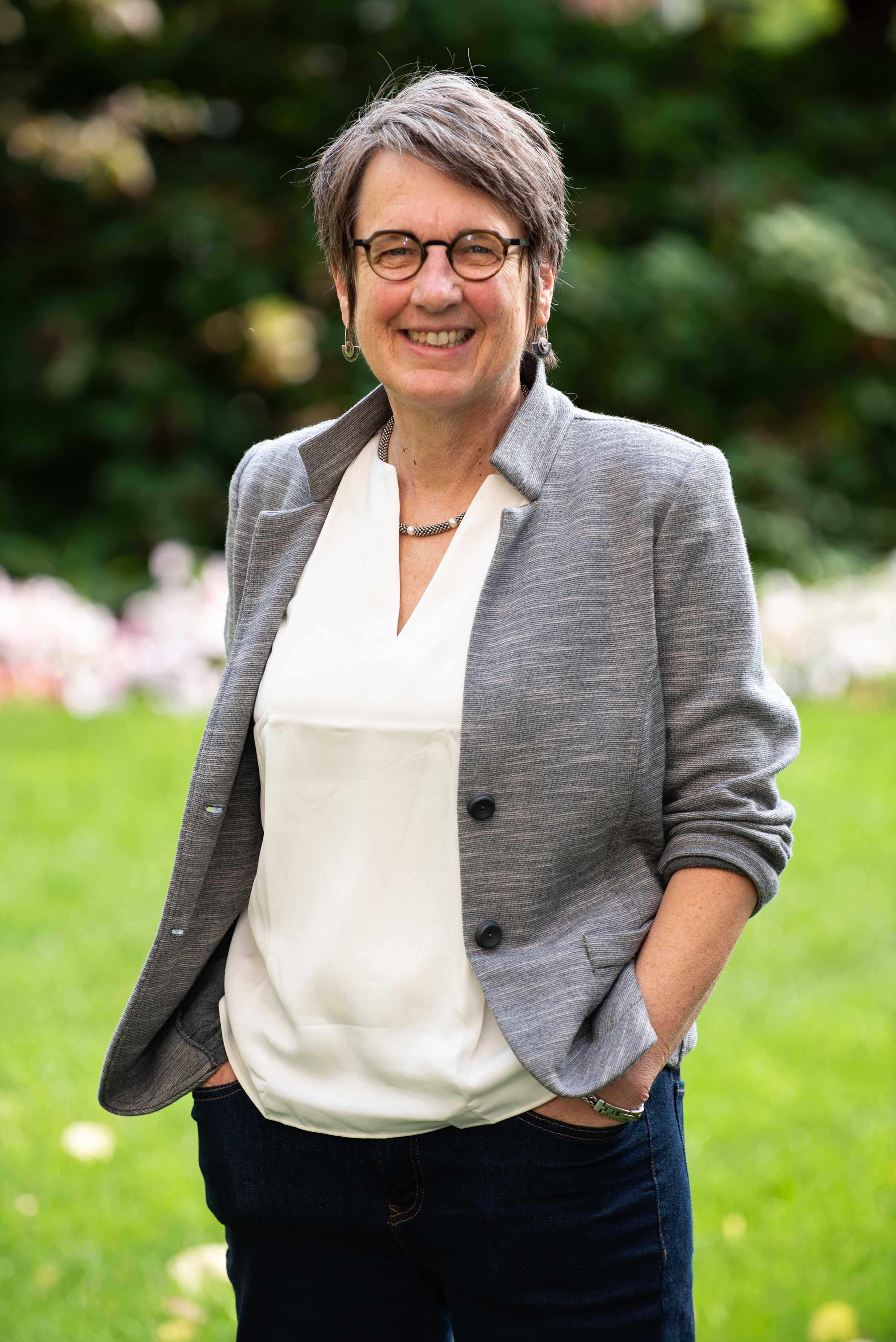
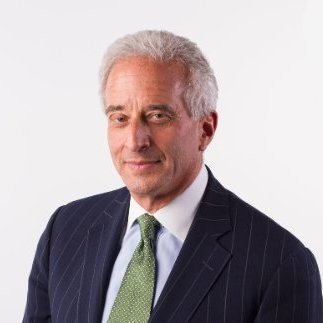
Ken Hurwitz
Adjunct Faculty
Ken Hurwitz teaches courses in Energy Law and Regulation and Renewable Energy. As a practicing lawyer, he advised clients in a wide range of energy matters and performed regulatory litigation before the Federal Energy Regulatory Commission and state utility commissions. He also served as Executive Director of the Maryland Public Service Commission.
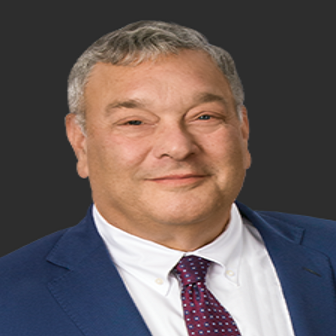
David G. Mandelbaum
Adjunct Faculty
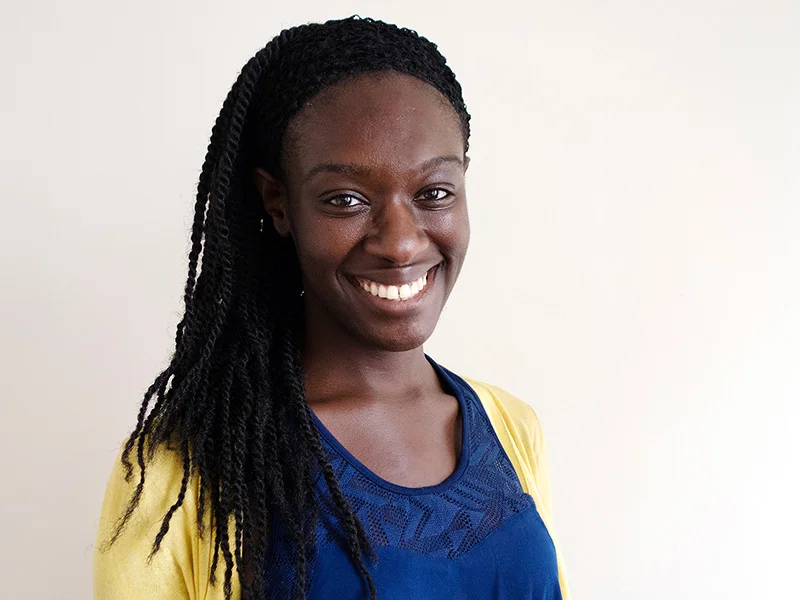
Chinyere Osuala
Adjunct Faculty

